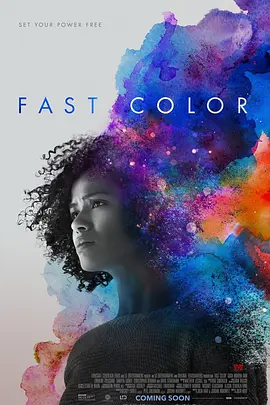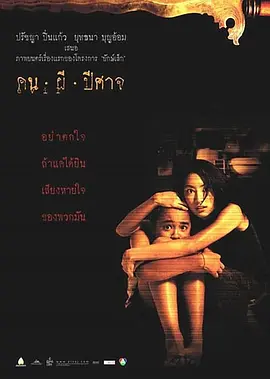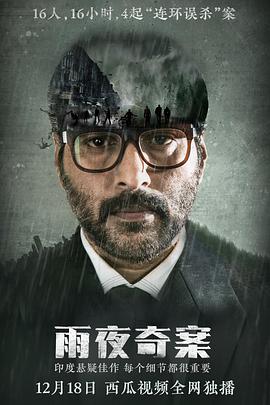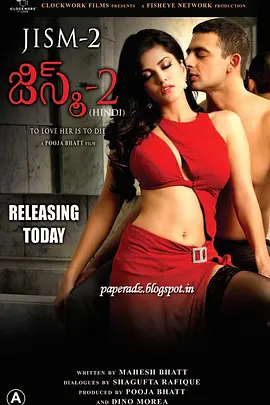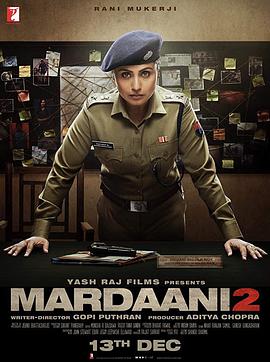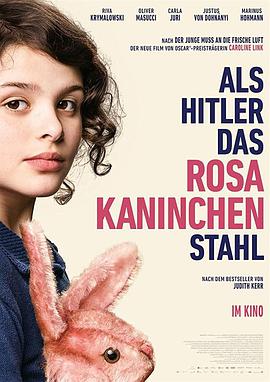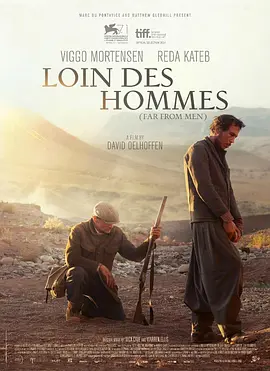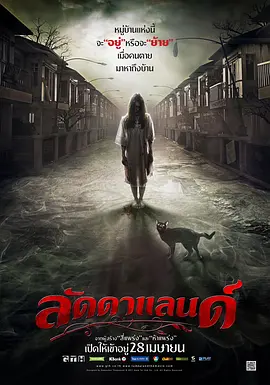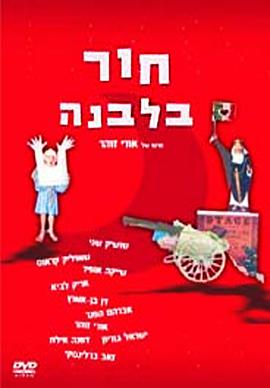-
备注:已完结
类型:恐怖片
主演:Theeradanai·Suwannahom 亚历山大·伦德尔 帕姆瓦
导演:楚克·萨克瑞科
语言:泰语
年代:未知
简介:当Aui的父母相继去世后,她来到了曼谷,与她的亲戚Bua同住。同样是家庭破碎的Bua先后失去自己的丈夫和儿子后,以占卜来维持生计。对她而言,能相依为命的就只有自己的外甥Aui。Aui对于自己的新生活甚...
-
备注:已完结
类型:惊悚片(关)
主演:Rahman
语言:Tamil
年代:未知
简介:The film starts with a masked killer entering an apartment and murdering a young couple, Krish and Shruti one cold, rainy night in Coimbatore. Five years later, Deepak, the retired police inspector who lost his leg while investigating the case, receives a call from a friend. The friend's son is adamant on becoming a police officer. So, the friend sends his son to Deepak so Deepak can brainwash him into not joining the force since his parents feels it is too dangerous. When the son arrives, he asks Deepak to tell him how he became crippled. Deepak begins to narrate his story of the final case that robbed him of the job he loved.
-
备注:已完结
类型:剧情片
主演:桑妮·雷奥妮 Randeep Hooda Arunoday Singh
导演:普嘉·巴哈特
语言:印地语
年代:未知
简介:情色女星Izna受雇于潇洒勇猛的情报官员Ayaan,后者派她接近可怕的杀手Kabir并让他掉进“甜蜜陷阱”。在这种情况下,她不仅要面对苦乐交织的过去,还要被迫做出一个不可能的选择——一个将自己的生命置于双重危险中的抉择。 该片是2003年碧帕莎·芭素和约翰·亚伯拉罕主演的《最毒美人心》的续集,不过它和第一部没有半毛钱关系。电影拍摄档期分三段,分别在斋普尔、果阿、斯里兰卡取景。桑妮·雷奥妮是本色出演,她也希望借此机会和曾经的自己说再见。电影上映之路经历重重坎坷,从第一支歌舞释出就被分为A级片,现在又遭遇印度电影审查机构的百般阻扰,要求导演删掉至少50%的激情戏,并表示电影不需要导演证明自己的实力,但必须符合规定。不过导演正在力图保住每一段心血,我们期待看到完整版的片子吧。
-
备注:已完结
类型:剧情片
主演:维果·莫腾森 勒达·卡代布 Djemel Barek Vincent
导演:达维德·厄洛芬
语言:法语
年代:未知
简介:达吕(维果·莫腾森 Viggo Mortensen 饰)是一名在阿尔及利亚出生的法国人,如今,他在一处地处偏远的山区学校里担任着教师的职务。某日,一名警察出现在了达吕的面前,将一名五花大绑的犯人默罕默德(雷达·卡特布 Reda Kateb 饰)交给了达吕,这个男人被控告杀死了自己的堂兄,达吕要将他押往临近的村庄接受审判。 这门苦差事令达吕感到非常的头痛,因为他知道,只要默罕默德抵达了村庄,那么等待着他的就只有死亡,他不愿意做这样一个推手,但警察将默罕默德丢给达吕后就离开了,无奈之下,达吕只得带着默罕默德踏上了旅途。一路上,达吕不仅要提防默罕默德逃跑,还要保护他不受死者的亲属的袭击。
-
备注:已完结
类型:剧情片
主演:Arik Lavie Shaike Ophir Avraham Hef
语言:希伯来语
年代:未知
简介:A comic and episodic satire, the film uses improvisation to illustrate the clash between fantasy and reality in real life. Although conceived in the style of Mekas' "Hallelujah the hills" (1962), it's an authentically Israeli satire, an openly rebellious and individualistic expression that poked fun at the sacred myths of earlier zionist films. The technique of film within the film is used to portray cinema as reflection of the imagination, a miracle based on dreams and fantasies that take on concrete characteristics - parallel to the miracle of Israel, the dream that has become reality. Although not a commercial success, its importance is beyond any measure, though it remains a unique experiment, boldly uncommercial and subversive, out of any context in that patriotic, ideological epoch. A new immigrant, Tzelnik, arrives at the port of Jaffa. He goes to live in the Negev desert where he opens a kiosk in the middle of nowhere. Mizrachi comes along and opens a competing business across the way. The two make a living by selling to each other. As there is nothing there, they decide to create a world out of their imagination. They build a cardboard film set, which slowly takes on real dimensions- the buildings turn to concrete, people come to audition for parts in the "film" (cinema verité style, with Zohar mocking viciously the pretensions of the "actresses") and builders come to build appartment buildings (mocking the glorification of concrete and "heroic" settlement). In one sequence, Arab actors come and ask the filmmakers turn positive to negative, and they're given the role of pioneers who plow the land and sing zionist songs. The imagined world of the filmmakers becomes so real eventually they lose sight of the thin line between fantasy and reality. Along the way there are also many references to other films and genres: the samurai flicks of Kurosawa, westerns, the pop films by Richard lester, the meal scene from Tom Jones and many others. The film was made by a bunch of (very talented) friends Zohar gathered, and they shot it with their own funds, as a “collective flick”, another aspect of it that sets it apart from the rest of the production in the country.
